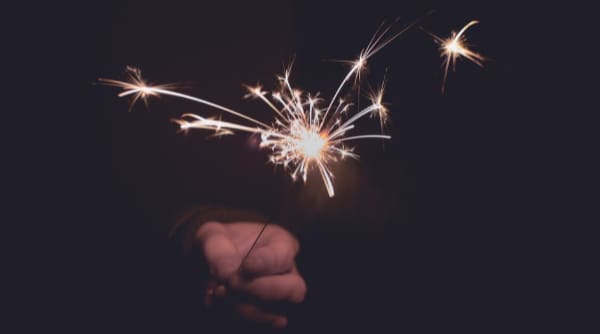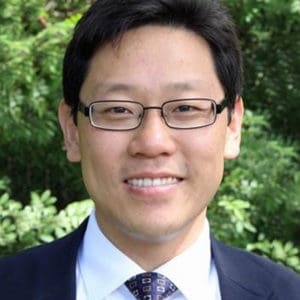Every summer, we in the United States of America look forward to the celebration of Independence Day (Fourth of July) when we collectively take the time to appreciate the blessings of liberty and the freedom that we are fortunate to enjoy in this country. However, in this unusual year, the COVID-19 pandemic quickly became a sober reminder that many of those blessings and conveniences that we have grown accustomed to are fragile and could be so quickly lost or limited. Throughout the last few months, we found ourselves as a society grappling, perhaps more than we have in quite a while, with questions of needs versus wants, necessities versus convenience, essential versus non-essential.
For Catholics and other people of faith, the sudden loss of the ability to receive the sacraments or to worship publicly in our churches became a particular point of suffering. It profoundly reminded us that we do not live on bread alone but on “every word that comes from the mouth of God” (Mt 4:4).
This painful lack caused us to have a greater appreciation not only for our brothers and sisters in faith who have lived in times of religious persecution but also for our current brothers and sisters in faith who may, even at this time, be living in difficult situations where their freedom to worship and practice their faith are being limited or denied.
It reminded us and, hopefully through us, it also reminds our society that the life of faith and with it the accessibility of churches and religious institutions are indeed profoundly essential to the human person, to families, and to human society. As grocery stores and hospitals feed and heal the body, churches and religious institutions feed and heal the soul. As food and medicine are of utmost importance to the life of the human person during a pandemic, so too spiritual food and spiritual medicine are essential to the spiritual life of a human person during a crisis. Because the human person is made up of both body and spirit, the care of both is essential to human life and human dignity.
Unfortunately, sometimes it takes a crisis to remind us of this. The difficulties we have experienced, and in many ways are still experiencing due to the COVID-19 pandemic, continue to challenge us to ask ourselves whether or not we have taken our religious freedom too much for granted, and whether we have too casually passed up precious opportunities from God to come to know and love him more. So many of us have found ourselves asking, “why didn’t I go to Mass, receive the Most Holy Eucharist, or go to Confession more often when I had the chance?”
Perhaps one of the good but no-doubt difficult lessons that we are being confronted with throughout this pandemic is a call to examine our consciences. To see if we have truly appreciated God’s gift of liberty and religious freedom and whether or not we have been vigilant enough in working with our society and communities to ensure the protection of this gift for all.
Because religious liberty is given to us by God and is inherent in the dignity of the human person, the role of any government is not to be the giver or taker of religious freedom. Rather, the proper role of government is to recognize and to ensure that this inalienable human right is protected. As the Second Vatican Council reminds us, this ranks among the essential duties of government (Vatican II, Declaration on Religious Liberty, #6). Life is the most basic of human rights, and with life comes the duty and thus the right to worship God and live our faith in all aspects of that life. Vatican II reminds us that the duty of caring for this right falls upon “the whole citizenry, upon social groups, upon government, and upon the Church and other religious communities, in virtue of the duty of all toward the common welfare, and in the manner proper to each.” (Ibid.)
The blessings of religious liberty – that is, the duty and thus the right to seek God, to worship him and glorify him in our daily lives, in everything that we do – should not be taken for granted nor taken lightly, even and especially in situations of emergency, pestilence, or pandemic. Rather, now that we have experienced a small glimpse of what it could be like to lose that opportunity, our duty is to shake off our complacency and appreciate it more deeply. Ever stronger should be our commitment to attend Mass and to receive the sacraments regularly, to voice our Christian commitment in the public square so that all in our society may always work to protect this precious God-given religious liberty that is rooted in our human dignity.
As we celebrate the Fourth of July 2020 this year, we thank God more than ever before for his goodness in bestowing upon us the blessings of liberty and especially the inviolable gift of religious liberty to seek him, to know, and to love him.
This post originally appeared in South Texas Catholic and is used here with permission.
Image courtesy of Unsplash.




